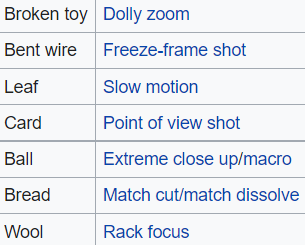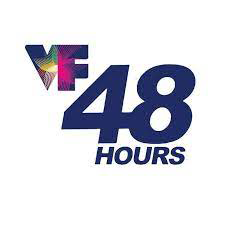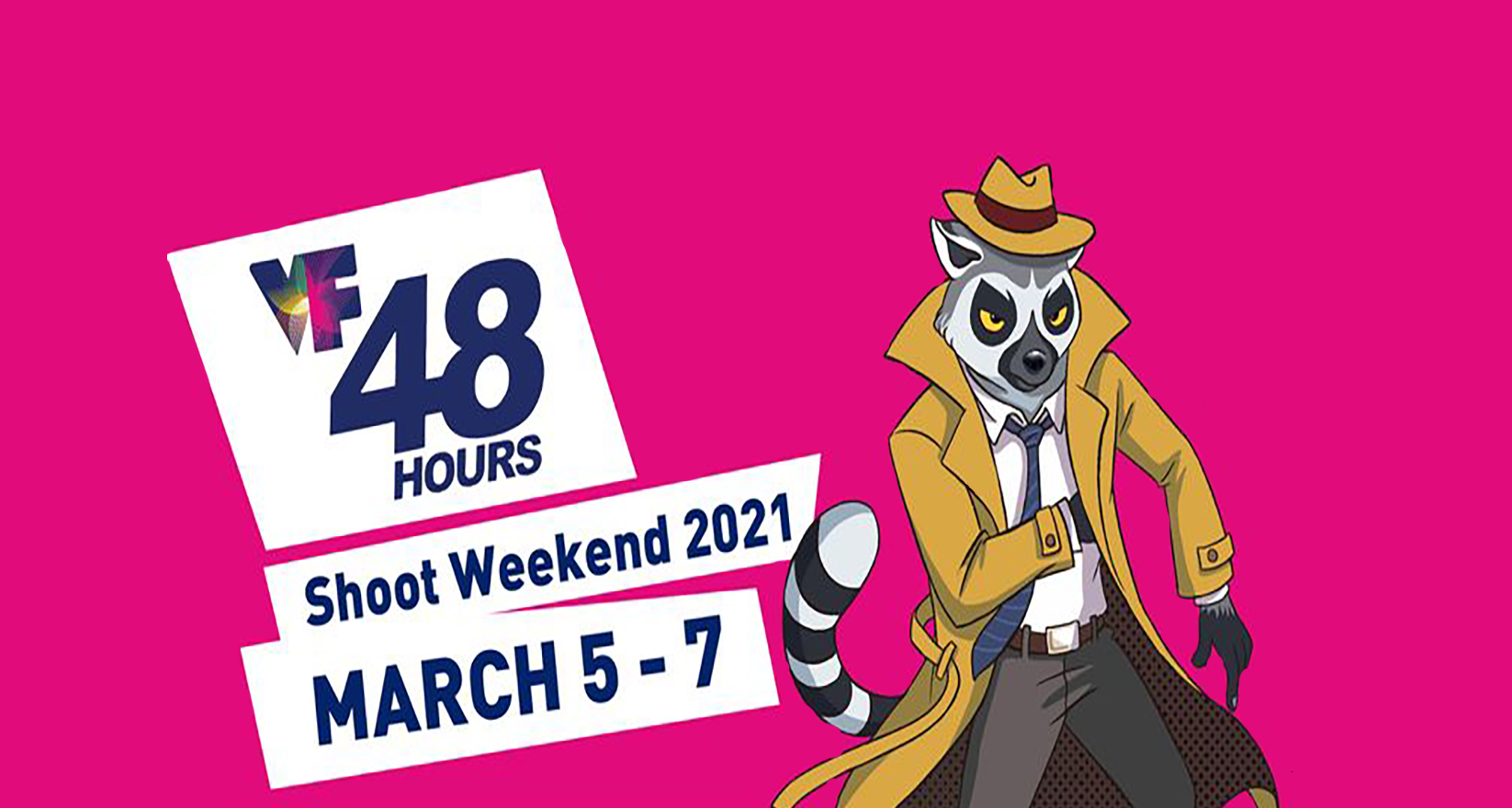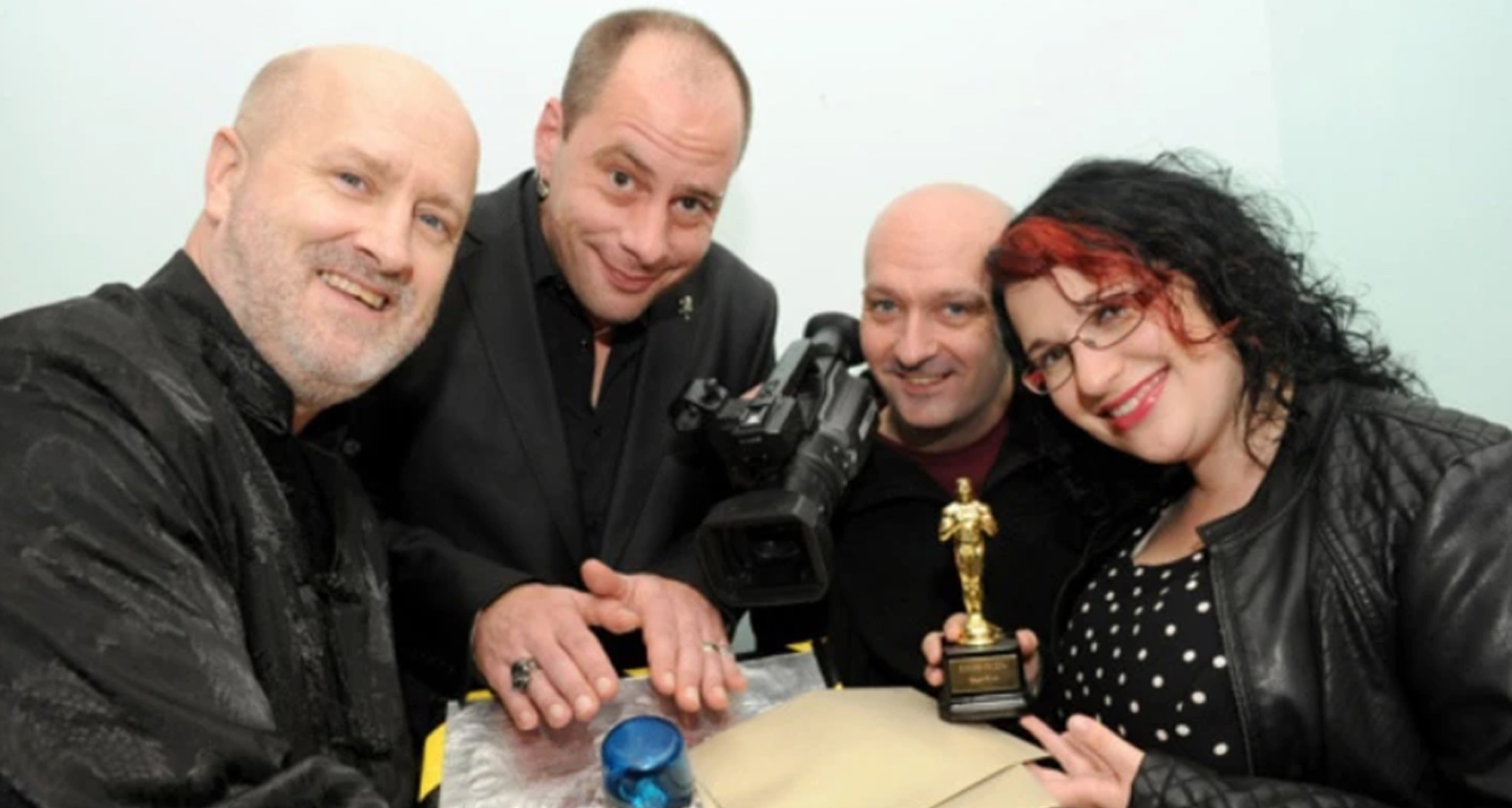This weekly blog post focuses on popularisation of the 48-hour film challenge in New Zealand and the history about its launching.

Ant Timpson founded the contest in 2003 as a part of “Incredibly Strange” Film Festival after the US-based 48-hour Film Project`s success. New Zealand`s largest filmmaking competition started with 44 teams only in Auckland. The first time the 48-hour film challenge was held as a stand-alone project in New Zealand was in 2004. It was organised in 8 different cities around the country – Auckland, Wellington, Hamilton, Rotorua, Taranaki, Christchurch, Dunedin, and Gisborne. Ness Patea and Ruth Korver organise the event annually with more than 4000 aspiring filmmakers participating each year.

The rules are almost the same as the original 48-hour film project – teams have 48 hours to write, shoot, edit and submit a short film with a duration between 1 and 5 minutes. However, before 2016, films could be longer – 7 minutes. An interesting addition to the competition is the fact that filmmakers are even more challenged. Not only do they have a randomly selected genre for their film but also, they are given a line of dialogue, a prop, and a character that have to be implemented in their project. Since 2011, a new element has been a part of the requirements for the short films – that being a technical shot.
Some of the props and technical shots that have already been used in the films through the years are:

Another remarkable feature of the 48Hours challenge is the `award ceremony`. Compared to the 48-Hour film Challenge in the UK, New Zealand`s edition has a screening night as well, but the best films selected by the judges take part in the city finals. There is a variety of prizes to be won.

The number of enthusiasts every year is growing and in 2020 was organised a free lockdown version of the event (VF48LOCKDOWN) as 1208 films have been created during it. By 2011 more than 10 000 people have participated in the challenge forming more than 800 teams nationwide. 48Hours is a competition for both experienced filmmakers – directors, cinematographers, and scriptwriters as well as for amateurs who are interested in filmmaking and love a good challenge.
The judging process is not simple, and the audience has an impact on the decisions as well. Fans vote for their favourites in each heat and later the winners are announced on Facebook and the website. The other stage is the city finals – city managers make a list of all regions’ entries, and the judges have time to watch them and vote to decide the winners. And the most exciting one – National Finals. The best short films around the country are judged by professionals with the most intriguing film winning the grand prize!




